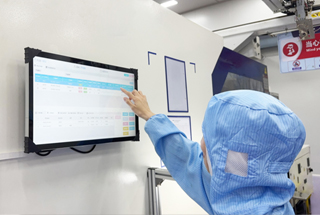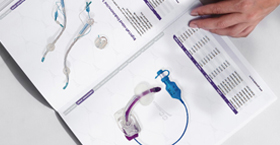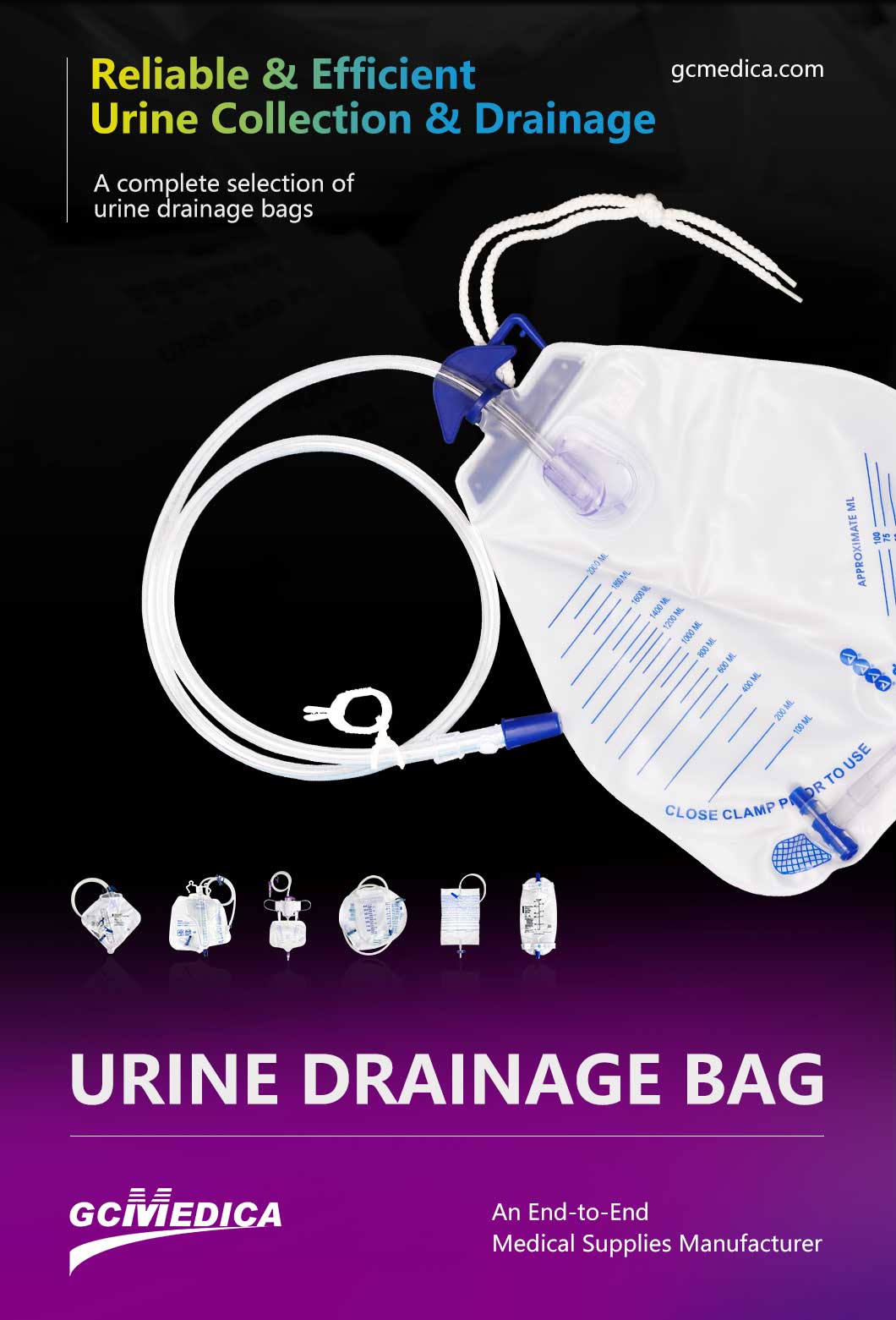A self-adhesive urine collection bag is a convenient, non-invasive device designed to collect urine directly from the urethral meatus or a stoma without the need for straps or belts. By featuring a gentle, medical-grade adhesive backing, these bags adhere securely to the skin, reducing the risk of leakage, skin irritation, and catheter-related trauma. They are commonly used for patients with urinary incontinence, neurogenic bladder, or limited mobility in both acute-care and home-care settings.
Key Advantages
Secure Attachment: The hypoallergenic adhesive creates a leak-proof seal that adapts to body contours, eliminating strap-related pressure points.
Discreet Design: Low-profile pouch sits flat against the skin, making it nearly invisible under clothing and allowing greater patient confidence in social situations.
Ease of Use: Quick application and removal simplify routine care; integrated sampling ports permit sterile specimen collection without disrupting the system.
Skin Protection: Breathable backing and gentle adhesive minimize maceration and irritation, particularly important for fragile or sensitive skin.
Clinical Applications
Self-adhesive bags are indicated for short-term incontinence management, post-operative diversion, and situations where external catheters or indwelling tubes are contraindicated. They offer an alternative when leg bags or standard bedside bags impede mobility or cause discomfort. Patient selection should consider skin integrity, urine consistency (e.g., highly concentrated or particulate-laden urine may require frequent bag changes), and adhesive tolerance.
Below is a summary table of common features, capacities, and care recommendations for self-adhesive urine collection bags:
| Feature | Description | Care/Replacement |
|---|---|---|
| Adhesive Backing | Hypoallergenic, medical-grade; conforms to body curves | Change every 24–48 hours or per manufacturer |
| Bag Capacity | 200–500 mL transparent, low-profile pouch | Empty when half-full; inspect seal integrity |
| Sampling Port | Luer-lock or flip-cap for sterile collections | Disinfect before and after each use |
| Material | Soft, PVC-free film; breathable to reduce moisture build-up | Wipe external surface daily with mild cleanser |
| Application Surface | Periurethral or peristomal skin; avoid wounds or excessively moist areas | Clean and dry skin thoroughly before applying |
| Leak Protection | Double-seal rim and anti-reflux valve | Check seals at each shift; replace if compromised |
Best Practices
Skin Preparation: Cleanse and dry application area thoroughly to ensure proper adhesion.
Monitoring: Inspect the site every shift for redness, maceration, or adhesive failure.
Change Protocol: Adhere to manufacturer guidelines; typically every one to two days to maintain hygiene and skin health.
Patient Education: Instruct patients on proper emptying techniques and signs of leakage or skin breakdown.
By selecting an appropriate self-adhesive urine collection bag and following evidence-based care protocols, healthcare providers can enhance patient comfort, maintain skin integrity, and achieve reliable urine management in diverse clinical scenarios.
| Learn more about urine drainage bags > |


 Français
Français Español
Español Products
Products

 About Us
About Us












